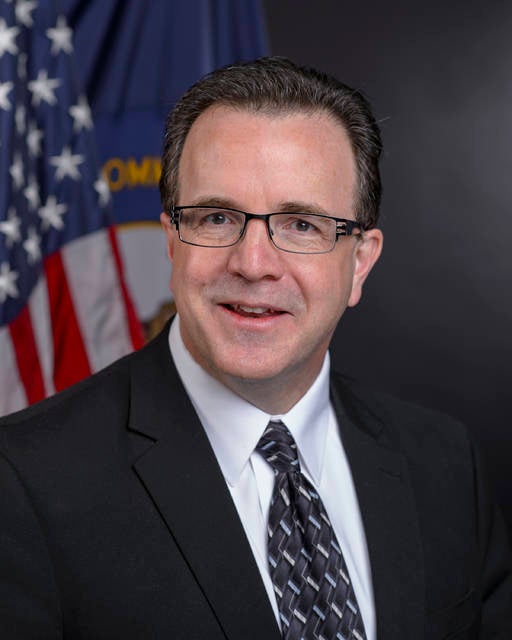Harmon says warnings were ignored during procurement phase for KentuckyWired
Published 10:25 am Tuesday, December 17, 2019
|
Getting your Trinity Audio player ready...
|
FRANKFORT – Despite repeated warnings from outside consultants before and after the original contract was signed, including from two paid more than $1.3 million by the Commonwealth, state officials signed off on a statewide broadband project that led to a $1.5 billion price tag on Kentucky taxpayers for the next 30 years. That is one of the conclusions reached from the results of phase two of the examination of KentuckyWired and the Kentucky Communications Network Authority (KCNA) by auditor Mike Harmon’s office.
“The first phase of our exam, which we released last September, highlighted how this project went from a $30 million investment to taxpayers being on the hook to pay more than a billion dollars for KentuckyWired,” said Harmon in releasing the report. “What we found in phase two was there were numerous changes made after the Commonwealth signed a contract with the main contractor for the project that ‘flipped the script’ to move the costs and risks from private investors, and placed it almost entirely on taxpayers.”
The phase two report focuses on the timeline from when the original request for proposal (RFP) was issued by the Commonwealth in July 2014, to when the final project agreements were signed in September 2015. It details how Australian based Macquarie, who was selected to build KentuckyWired and signed a contract with the Commonwealth in December 2014, and state officials continued negotiations that shifted the financial risks for the project from Macquarie to Kentucky.
“…the agreement significantly shifts, most, if not all, of many risks, both financial and liability-based, to the Commonwealth. It is heavily weighted in favor of Macquarie’s interest,” according to a January 2015 email from a review by an outside legal firm on the initial draft agreement between the Commonwealth and Macquarie.
“Based on the documents reviewed by our auditors, there were numerous revisions made to the master agreement from January 2015 up until the project agreement was signed,” Harmon said. “In the eMARS system alone, which state government uses to track receipts and expenditures, we found 407 attached modifications for the project agreement on KCNA and KentuckyWired. Most were added to eMARS this year, meaning there could be others out there. The differences from the contract awarded and the final project agreement is striking, and troubling.”
Harmon’s report details how the Commonwealth hired outside consultants during the time frame examined, with two main consultants (a law firm and an engineering firm) paid a total of $1.36 million over three fiscal years to provide guidance and expertise during the entire process.
The report found several consultants raised repeated concerns through emails and documents about Kentucky’s approach to the project and agreement negotiations, but by and large those concerns were ignored by officials at the Finance and Administration Cabinet involved in contract discussions.
“In many of the discussions between the Commonwealth and Macquarie, the person who served as the main buyer for the Finance and Administration Cabinet at that time was uninvolved in post-award negotiations, and unaware of the changes being made,” Harmon said.
The report also found concerns from outside consultants regarding the removal of language from the project agreement that would incorporate elements of the original RFP, which originally placed the financial burden on the private sector and increased the risk to Kentucky regarding Macquarie’s timeline on pole attachment agreements being too short.
“The biggest question we sought answers to, who was making the decisions on behalf of the Commonwealth that ultimately led to taxpayers being on the hook for $1.5 billion in costs for KentuckyWired,” Harmon said. “Based on interviews with current and former officials, they identified former Finance Cabinet Deputy Secretary and ex-KCNA Executive Director, Steve Rucker, as the lead Commonwealth representative on the project. Mr. Rucker passed away in 2016. However, numerous other individuals, both former and current state officials, were also involved in the negotiations.”
The full letter of the phase two exam can be found on the auditor’s website.






